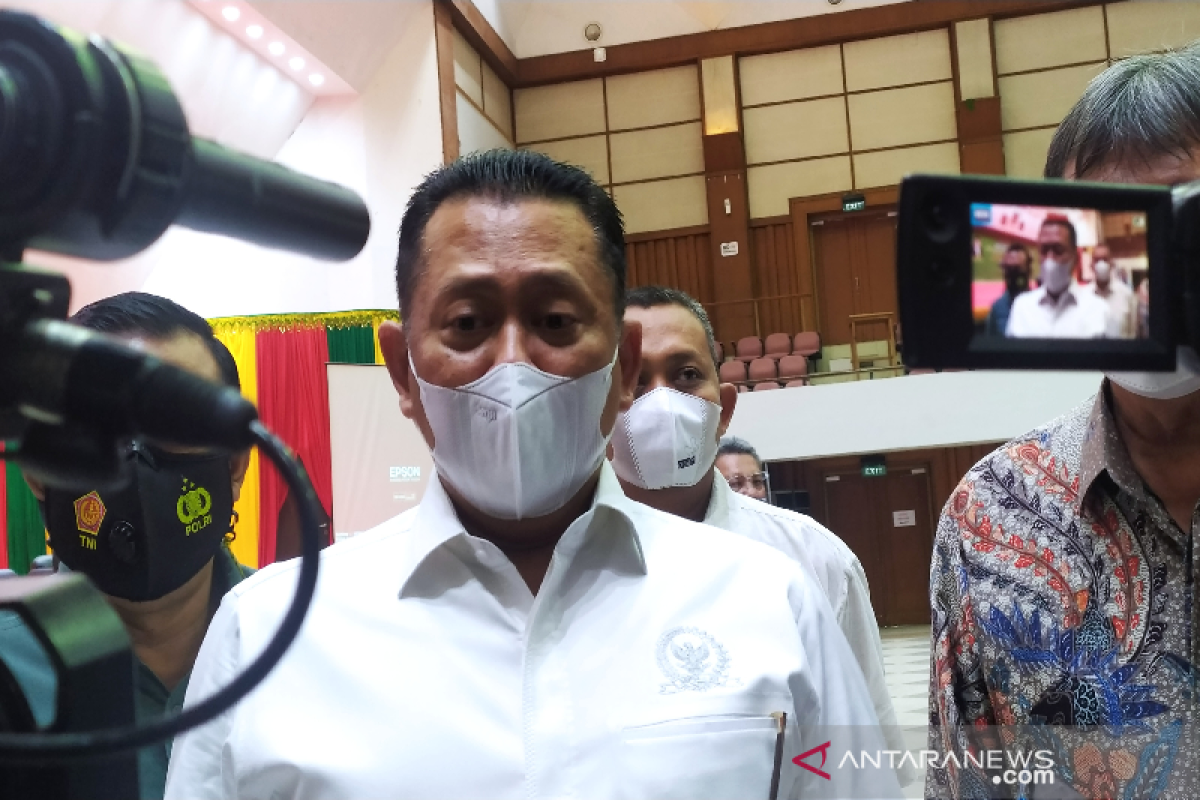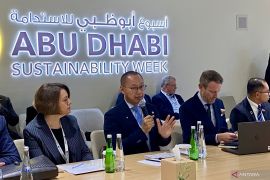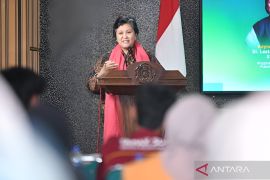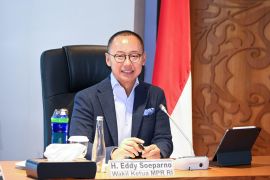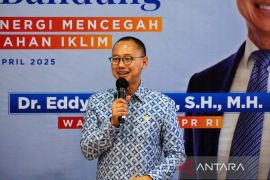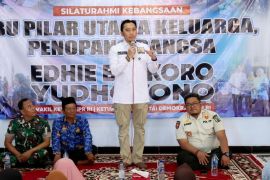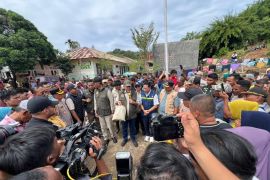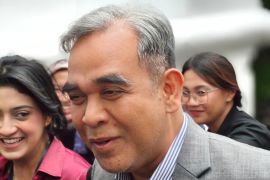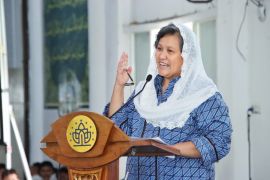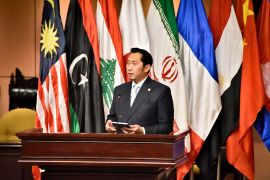Evaluating the implementation of the special autonomy law on a regular basis, as mandated by the law's Article 78, is so indispensable. By doing so, we can assess its effectiveness, accountability, and outputsJakarta (ANTARA) - Renewal of Papua Special Autonomy Law No. 21 of 2001 should be able to solve problems lingering since the past two decades of the law enforcement process, People's Consultative Assembly (MPR) speaker Bambang Soesatyo stated.
The speaker drew attention to several areas that required the government’s attention once the Papua special autonomy law's renewal was completed and before it expired in November this year, including Papua and West Papua's relatively high poverty rates.
According to the Statistics Indonesia (BPS) data released in February this year, the poverty rates of Papua and West Papua were recorded at 26.8 percent and 21.7 percent respectively, Soesatyo noted in a press statement that ANTARA received here, Friday.
The development outcomes also remain inequitable for native Papuan communities as was apparent from their low income level and lack of access to education and health services, Soesatyo pointed out.
"Evaluating the implementation of the special autonomy law on a regular basis, as mandated by the law's Article 78, is so indispensable. By doing so, we can assess its effectiveness, accountability, and outputs," he stated.
More importantly, the government and other related stakeholders will comprehend whether the government's granted special autonomy facilities have optimally brought positive impacts to the people at large in the provinces of Papua and West Papua, he remarked.
On Thursday, Soesatyo held a virtual meeting with several representatives of the Papua provincial government, Papua legislative body, and MPR.
The meeting’s attendees also comprised the Papua provincial government's secretary, Dance Yulian Flassy; Papua legislative body's speaker, Jhony Banua Rouw; Papuan People's Assembly (MRP) Speaker Timotius Murib; and MPR deputy speaker Syarif Hasan.
Related news: Three villagers found dead following gunfight near Ilaga Airport
Related news: UGM task force proposes revamp of Papuan special autonomy law
Soesatyo emphasized that the government's physical development approaches in Papua and West Papua by expediting infrastructure development programs; attracting more investment; and opening industrial areas, among others, are merely part of the essential elements of effective development.
However, the government should not overlook the human capital of these two easternmost provinces, he stated.
Indonesia's House of Representatives (DPR) is striving to complete the renewal of the Papua Special Autonomy Law No. 21 of 2001 before it expires in November this year.
The law, which has been in force for almost 20 years, has paved the way for significant amounts of funds to flow into Papua and West Papua, with the central government earmarking Rp94.24 trillion for the region from 2002 to 2020, according to CNN Indonesia in 2020.
The government has hinted its intent to extend the allocation of special autonomy funds by another two decades to accelerate efforts to close the development gap and usher in prosperity for all communities in the region.
Even as deliberations continue on the bill for amending the Papua Special Autonomy Law No. 21 of 2001, which has become a top priority under the National Legislation Program (Prolegnas), Papua remains trapped in the throes of violence.
Over the last few years, Papuan separatist terrorists have applied hit-and-run tactics against Indonesian security personnel and targeted civilians in districts, such as Intan Jaya, Nduga, and Puncak, to stoke fear among the people.
Construction workers, motorcycle taxi (ojek) drivers, teachers, students, street food vendors, villagers, and also civilian aircraft were among the latest targets of such acts.
Related news: Papua govt pledges to finance recruitment of 2,000 police cadets
Related news: Govt leans on development agenda to push Papua autonomy
EDITED BY INE
Translator: Imam B, Rahmad Nasution
Editor: Fardah Assegaf
Copyright © ANTARA 2021
